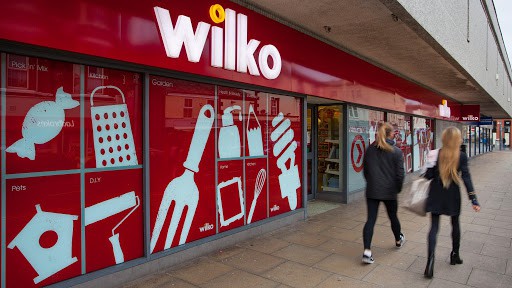
Consumers are increasingly concerned about the environmental impact of their shopping and are willing to pay for it, new research from returns specialist, ReBound, shows. Nearly three quarters of shoppers (73 per cent) are prepared to pay extra for their returns to be environmentally friendly, but flexibility and convenience is still the number one priority.
According to the survey conducted by ReBound and Pollfish, 76 per cent of consumers say they intend to shop more with retailers that offer environmentally friendly products and services, while 74 per cent said they would use a postal service to donate unwanted clothing to charity, if it was offered by a retailer.
Not at the cost of convenience
However, despite the increase in consumers prepared to pay for sustainable returns (up from 47 per cent last year), the majority of shoppers (67 per cent) would still choose a time delay over a financial cost 41 per cent would rather wait for the pick-up, 26 per cent would rather wait for the refund), reflecting the tough economic conditions people are facing. Moreover, while many would find small payments palatable, just 13 per cent of shoppers would be happy to pay £2.50 or more for sustainable returns.
Finding the right balance
While retailers are mostly eager to support sustainability in the returns process, there is a delicate balance between going green and meeting business needs. In addition to surveying consumers, ReBound also spoke to retailers and brands about their sustainable practices. Most (59 per cent) claimed they were prepared to slow down the return parcels if it meant they were handled more sustainably, but just 17 per cent of those surveyed were willing to wait a week to get products back in their warehouses.
However, almost two thirds of retailers we spoke to didn’t track returns emissions as part of their environmental reporting. With returns rates reaching as much as 70 per cent in some product verticals, this points to a large volume of emissions being ignored. As consumer interest in sustainability inevitably grows, this is something retailers will have to rectify sooner rather than later.
Emily McGill, sustainability communications manager at ReBound, said: “It comes as no surprise that consumers are increasingly focused on the sustainability of the brands they shop with, but it is great to see that there is a growing recognition that achieving environmentally friendly solutions may come at a cost.
“While environmental consciousness is evidently on the rise, retailers looking to implement more green strategies must keep in mind that convenience is still the number one priority. As shoppers increasingly turn to these sustainable options, retailers that have already put the work and investment in will be at a huge advantage. The trend towards sustainability is already well under way and brands that are able to offer and demonstrate their environmental credentials will undoubtedly be in a stronger position.”








Share